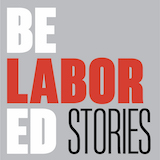
Belabored Stories: “How Can We Bounce Back From This?”
Taxi and rideshare drivers were struggling before the pandemic hit. Now, faced with plummeting ridership and high personal risk, they are demanding comprehensive aid.


Taxi and rideshare drivers were struggling before the pandemic hit. Now, faced with plummeting ridership and high personal risk, they are demanding comprehensive aid.

COVID-19 continues to wreak havoc on the economy. Mike Konczal of the Roosevelt Institute joins us to discuss the disappointing relief bill that was signed into law today.
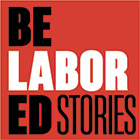
Fast food workers in North Carolina are on strike today after being deemed “essential workers” yet treated as anything but.

The stimulus bill doesn’t come anywhere near to meeting the challenge that we face.
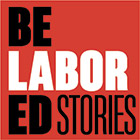
A Domino’s delivery driver decided to stop working in unsafe conditions. He worries a coworker with respiratory problems “will most likely work until he is dead.”
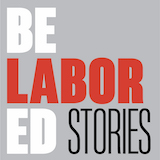
Amazon workers face hazardous conditions, but many can’t afford to stay home.
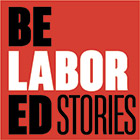
“Do they plan to just keep replacing people as they get sick, quit in fear or burnout, get quarantined, self-isolate, or die off over the coming weeks or even months?”

The current crisis has exposed how little remains of the “one country, two systems” framework.
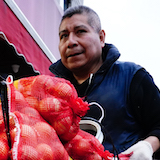
In the weeks ahead, the class lines that divide today’s America might become most visible around who must still venture out to work and who can work from the safety of home.
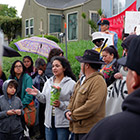
The coronavirus pandemic is forcing politicians to act in ways that just weeks ago seemed unthinkable. And activists like the Reclaimers are opening the cracks still wider.
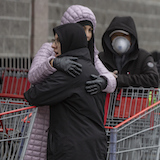
There is little risk in doing too much to stabilize the economy. The danger is doing too little.
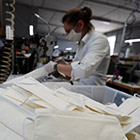
The Trump administration appears ready to invoke the Defense Production Act to speed manufacture of essential goods like face masks. What if we didn’t have to resort to the analog of war?
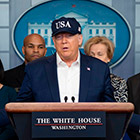
Borders are not going to help us fight this virus.

Public health is a social and collective imperative.
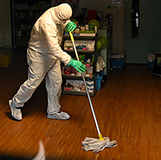
As the coronavirus spreads across the world, we discuss what it means for workers in healthcare, the gig economy, and other frontline industries.